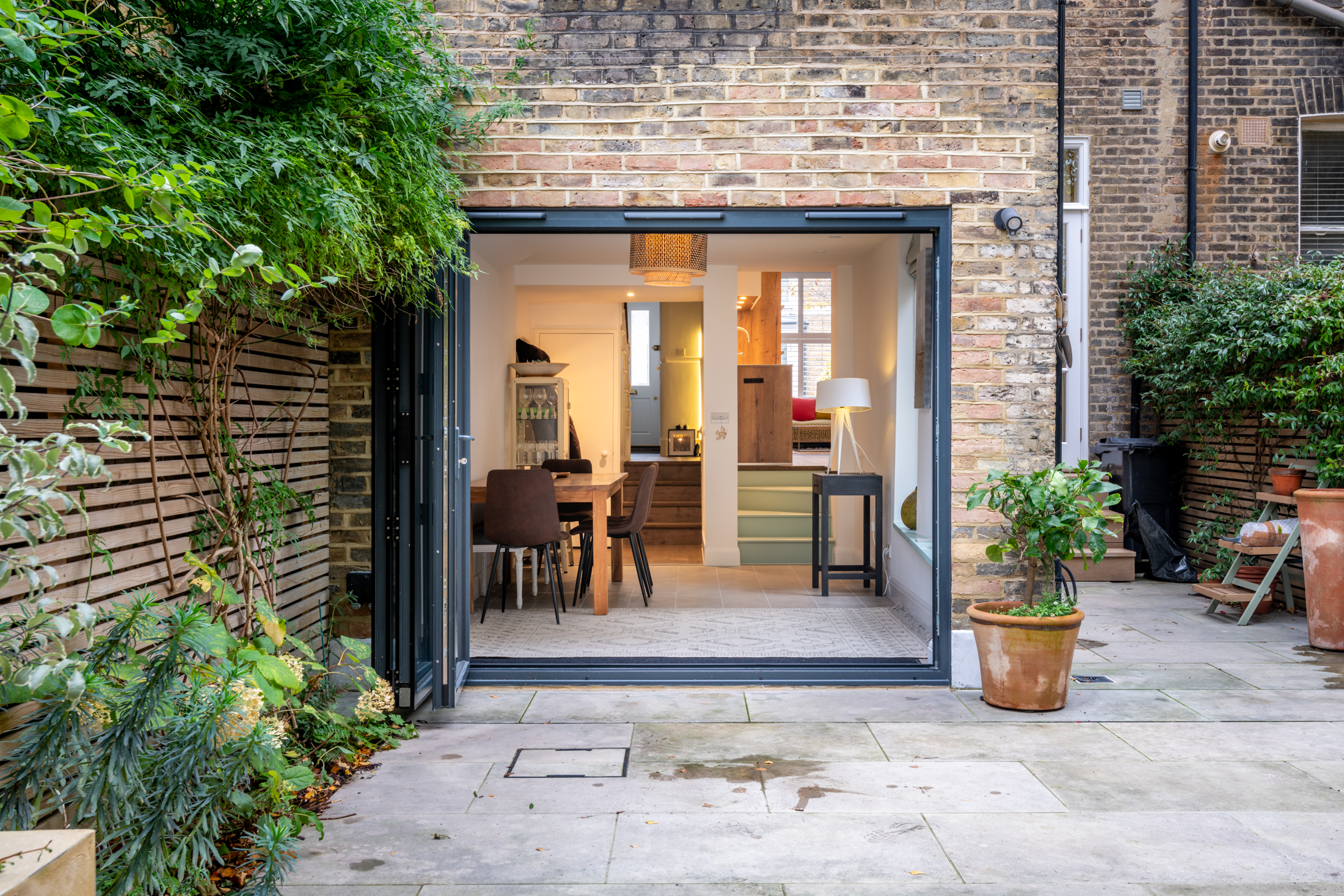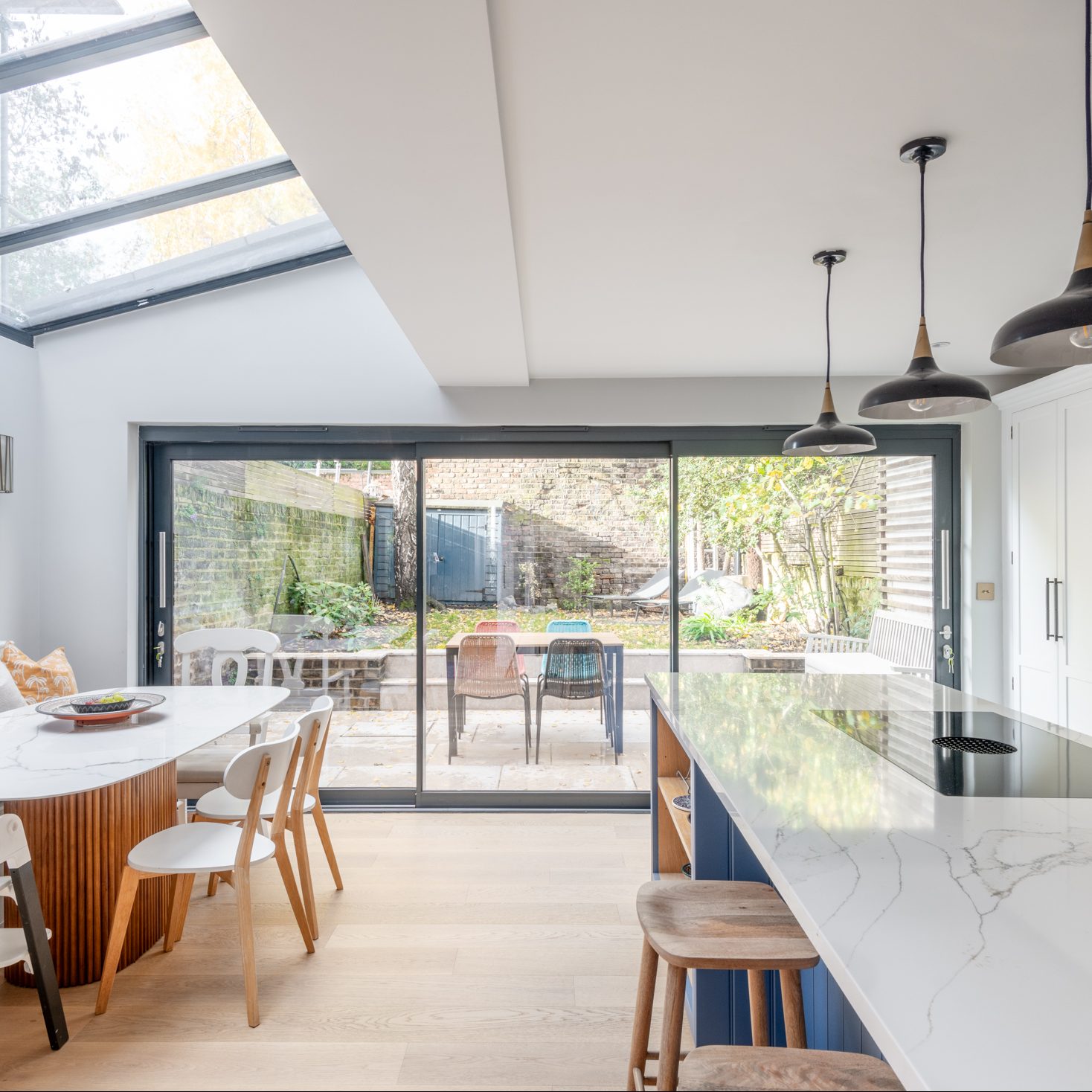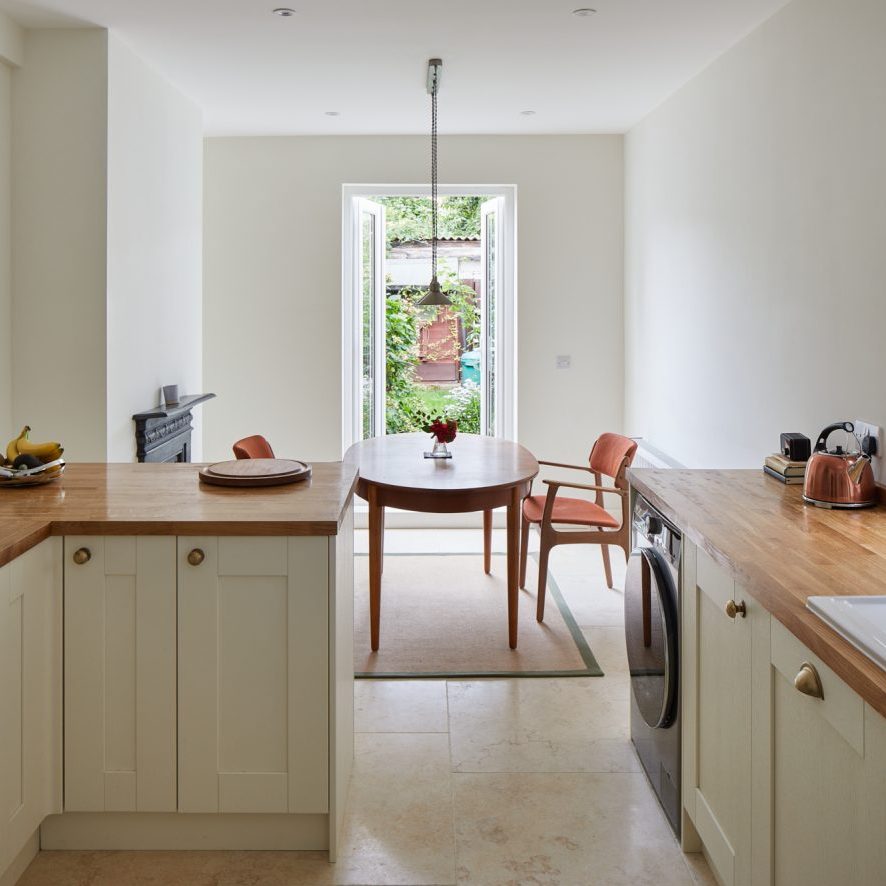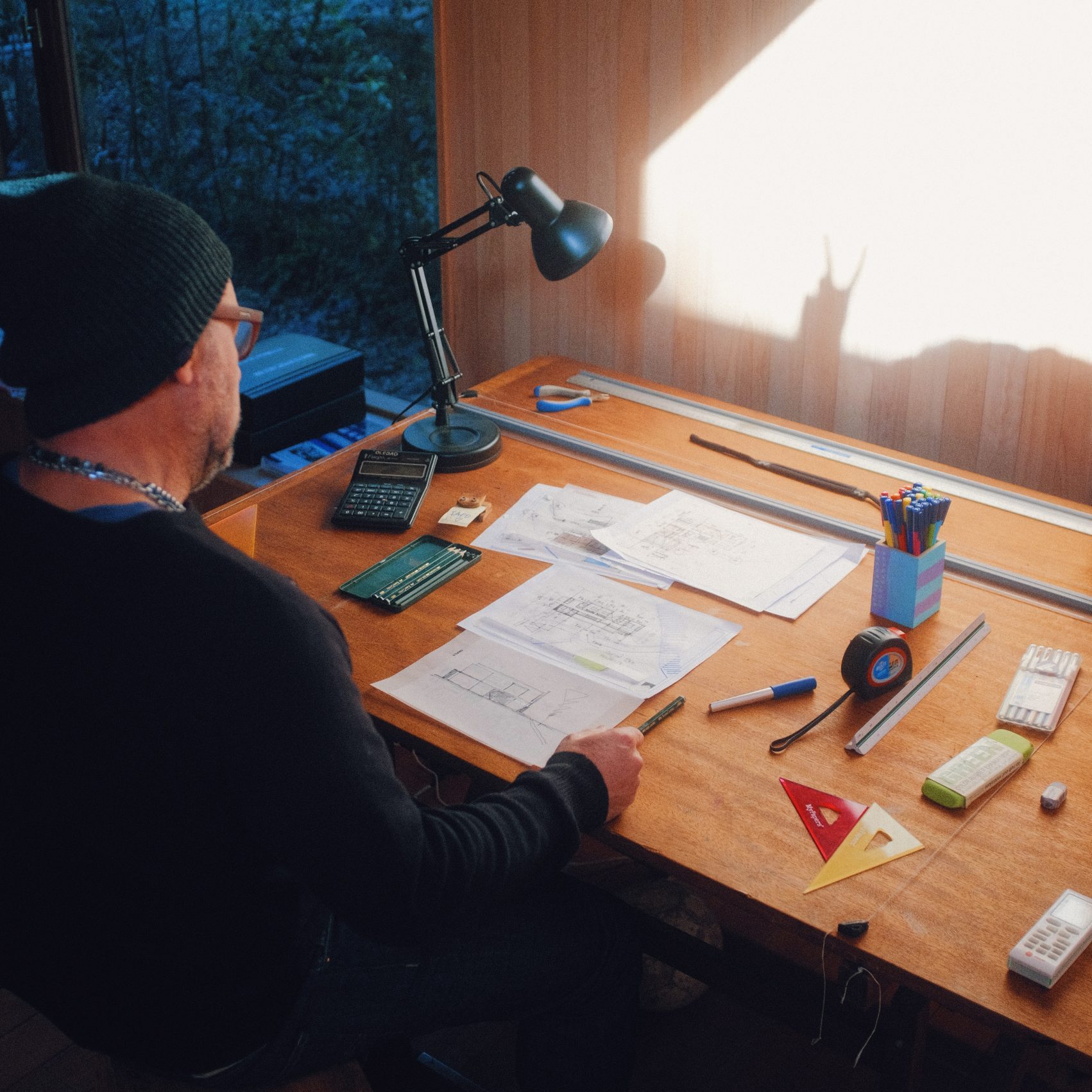The Financial Side of Hiring an Architect: Breaking Down Costs

Embarking on a home renovation or extension is not just a journey of creativity and design; it’s also a financial commitment. For homeowners in London, understanding the costs involved, especially when hiring an architect, is crucial. This introduction aims to break down the financial side of engaging an architect, offering clarity and actionable insights.
Overview of Architect Fees and Payment Structures
At the heart of any architectural project are the architect’s fees. These are primarily structured in a few common ways:
- Percentage of the Project Cost: This is the most prevalent method for larger projects. The architect charges a percentage, usually between 5% to 15%, of the total project cost. Naturally, as the project’s scale and complexity increase, so does the fee.
- Fixed Fee: For more straightforward projects with a clear scope, architects will usually charge a fixed sum. This offers predictability for both parties, ensuring no unexpected fee escalations. This is typical for kitchen extensions, loft conversions and renovations costing less than £250k. Much above that and you’re moving into % territory.
- Hourly Rate: In situations where the project’s scope is uncertain or likely to change, architects might charge by the hour. Rates can vary based on experience, reputation, and location. This is rarely used on a project basis but used for unexpected work that appears outside the original scope / brief.
- Per Square Metre: Occasionally for residential projects, fees might be based on the total area of the project. This method is more predictable for homeowners as it directly ties to the project’s size. Although this is usually for US projects and not found within the UK market.
Additional Costs to Consider
While the architect’s design fee is a primary expense, it’s crucial to remember other potential costs that can emerge during the process:
- Consultation Fees: Before formalising a contract, some architects might charge for initial consultations.
- Expenses: These can include travel, printing of plans, models, or any software required specifically for your project.
- Additional Services: Depending on the project’s complexity, you might need specialist professionals – think structural engineers, party wall surveyors, landscape architects, or interior designers. These experts come with their own set of fees. That being said for most residential projects you won’t need more than the architect a structural engineer and possibly a party wall surveyor.
- Revisions: Depending on your agreement, significant changes to the design or scope can incur extra costs. It’s essential to clarify this upfront.
- Permit and Approval Fees: Navigating London’s building regulations might necessitate permits or special approvals, which come with associated costs. Speak with your chosen architect about this and if the fees are included in their service.
Tips for Budgeting for an Architectural Project
- Clear Scope: Before approaching an architect, have a clear idea of what you want. The clearer the project’s scope, the easier it will be to get accurate estimates and stick to a budget.
- Research: Understand the average fees in London. This will help you set realistic budget expectations.
- Open Communication: Engage in open dialogue with your architect about your budget constraints. Most architects can tailor their services to align with varying financial capacities.
- Contingency Fund: Always keep aside an additional 10-20% of your budget for unforeseen expenses. In the world of renovations and extensions, unexpected costs can and do arise.
- Understand All Costs: Make sure all potential costs, including those outside the architect’s fee, are discussed and documented. Having everything in black and white helps avoid misunderstandings.
- Review Contracts Carefully: Ensure that the terms of payment, possible additional costs, and the scope of work are clearly defined in the contract.
In Conclusion
Engaging an architect is an investment in the quality, functionality, and aesthetics of your space. While it involves costs, the right architect can add immense value to your project, ensuring your vision comes to life efficiently and beautifully. By understanding and planning for the financial aspects from the outset, young professionals can ensure a smoother, more predictable renovation journey.




